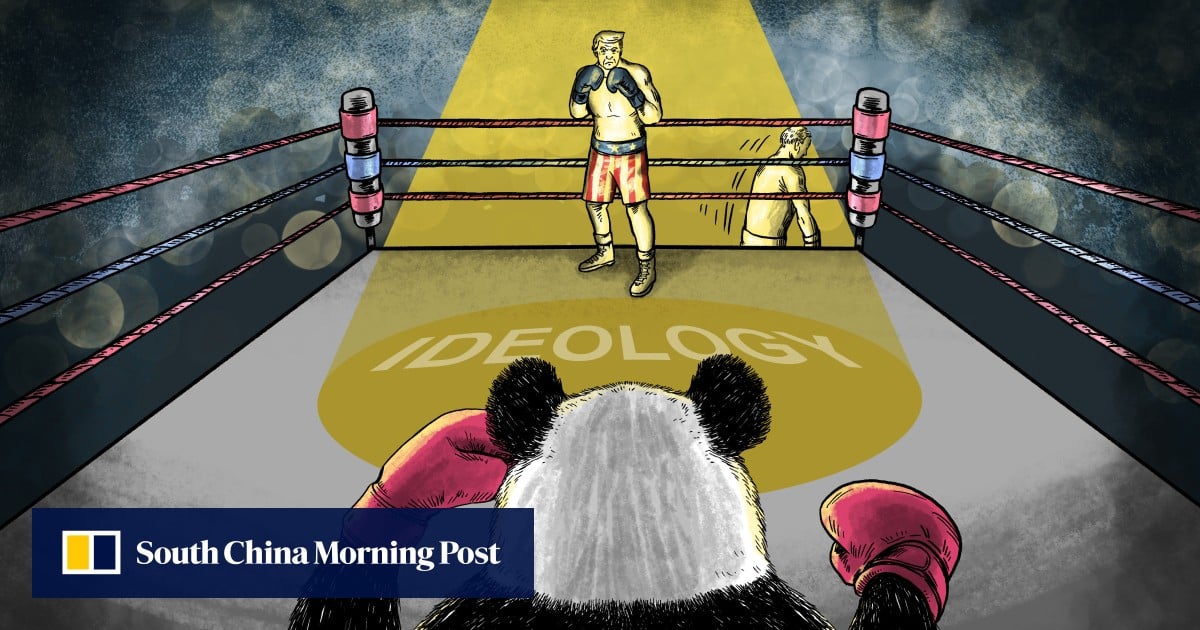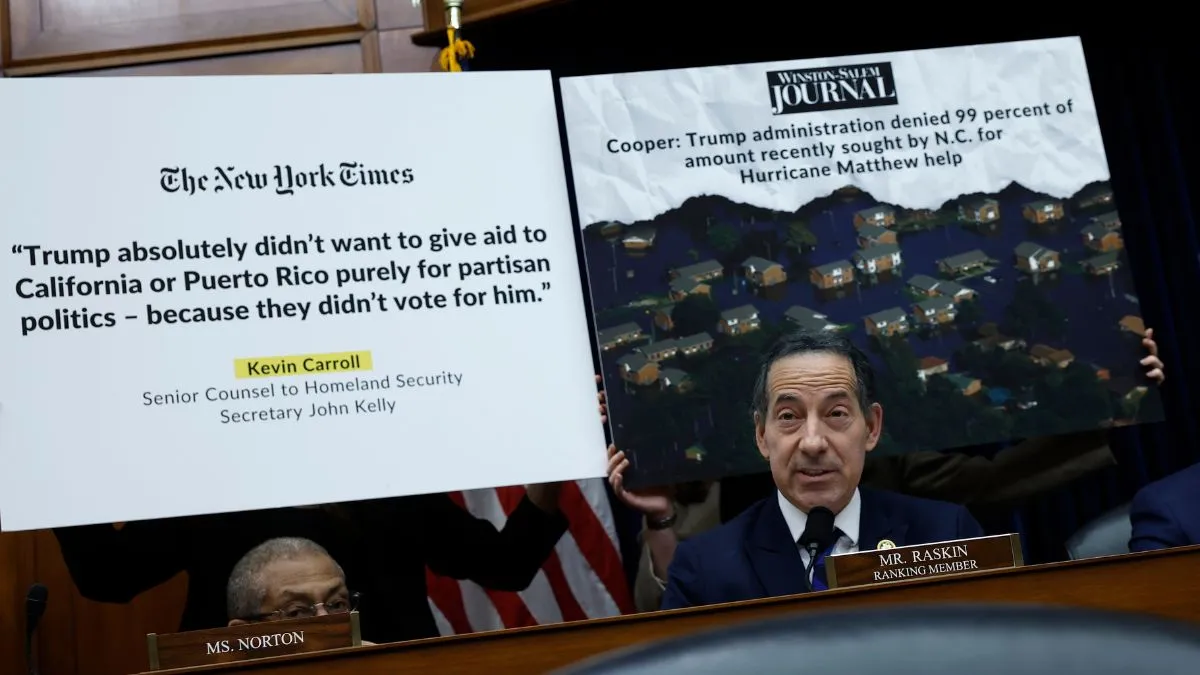Tsai, who completed two four-year terms, was on hand to greet various overseas guests. Hsiao Bi-khim, the new vice-president who was also sworn in, shed a few tears as she walked out to wave to supporters after the ceremony.
In line with tradition, the United States sent a group of former officials to attend, including Brian Deese, US President Joe Biden’s former top economic adviser, and Richard Armitage, deputy secretary of state under former president George W. Bush.
Laura Rosenberger, chair of the American Institute in Taiwan, US’s de facto embassy in Taipei, was also present.
Beijing sees Taiwan as a breakaway region to be reunited with the mainland, by force if necessary. Most countries, including the US, do not recognise the island as an independent state. But Washington opposes any attempt to take the island by force and is committed to supplying weapons to the island.
Cross-strait relations worsened during Tsai’s time in office, which began in 2016.
As Lai’s swearing-in commenced, Beijing’s commerce ministry added three US companies to its “unreliable entities” list for their involvement in arms sales to Taiwan – Boeing Defence, Space & Security, General Atomics Aeronautical Systems, and General Dynamics Land Systems.
The companies will no longer be allowed to engage in import and export activities related to China, or make new investments in the country. The ministry said it will also ban the firms’ high-level executives from entering China, as well as cancel their work, stay and residence permits.
The ministry will also impose fines on the companies, calculated at twice the value of the arms sales contracts signed since the implementation of the “Unreliable Entities List Regulation”, it said.
The companies must pay the fine within 15 days of the publication of this notice. If they fail to comply with this decision, the unreliable entity list management mechanism will take legal action, including imposing additional fines, according to the announcement.
The Taiwanese defence ministry said the military maintained vigilance over the Taiwan Strait during Lai’s inauguration,’ as the island’s president.
In a statement issued on Monday, the ministry affirmed that the island’s forces “will persist in employing collaborative intelligence surveillance methods to observe the activities of the People’s Liberation Army”.
The ministry also gave an assurance that “any unforeseen circumstances will be handled in compliance with the National Military Emergency Response Regulations”.
The People’s Liberation Army kept military manoeuvres in the Taiwan Strait at a low level on Monday, after ramping up air and sea patrols near the island in the past week.
The Taiwanese defence ministry reported six aircraft and seven vessels operating near the island in the 24 hours from Sunday morning. All six aircraft crossed the median line, a notional midpoint between Taiwan and the mainland.
According to the ministry, the PLA sent at least 45 aircraft and six vessels to the Taiwan Strait on Tuesday, in its most intense activity near the island of the week, as well as for the month of May.
A notice published at 6.30am on Monday by Beijing’s top security agency criticised efforts by Washington and Taipei to undermine the “one-China” principle, which is based on UN General Assembly Resolution 2758, passed in 1971.
The resolution formally expelled Taiwan – under its official name the Republic of China – and switching recognition to Beijing as “the only legitimate representative of China” at the United Nations.
The Ministry for State Security said on its official WeChat account that in recent years, the US has repeatedly claimed that the resolution “only recognises the People’s Republic of China as the sole legitimate representative of China at the United Nations, without touching on the issue of Taiwan’s representation at the UN”.
The ministry’s statement also noted that Washington has even passed laws to recognise Taiwan’s “international independence”, referring to the Taiwan International Solidarity Act, passed by the US House of Representatives on July 25 last year.
These laws are “a blatant attempt to distort the truth and challenge the UN’s authority”, it said.
More to follow…







